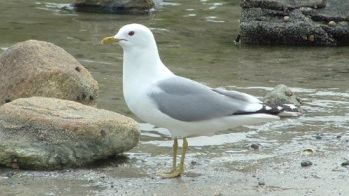Cermaq Sustainability report for fiscal year 2024 is out
This report covers our salmon farming operations in Canada, Chile, and Norway, with consolidated data at group level. It also includes selected insights from our commercial offices.

This report covers our salmon farming operations in Canada, Chile, and Norway, with consolidated data at group level. It also includes selected insights from our commercial offices.

With the 2023 report, Cermaq is changing its sustainability reporting to meet the new mandatory requirements in EU regulation (CSRD) from 2025.
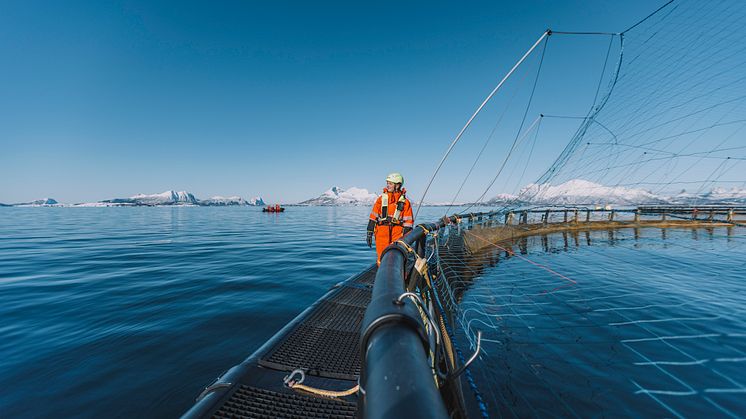
To find the plastic footprint of salmon farming, Cermaq has registered all plastics used in a smolt facility, a sea site, and a processing plant over one year. Cermaq pilots this plastic project for Global Salmon Initiative.
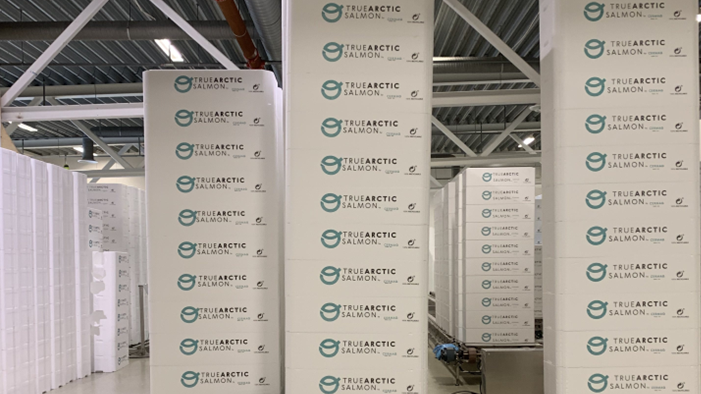
Is salmon farming sustainable? It is when done right. In Cermaq’s sustainability report we present how we address the challenges in producing healthy seafood in a sustainable way and our ambition to do more.
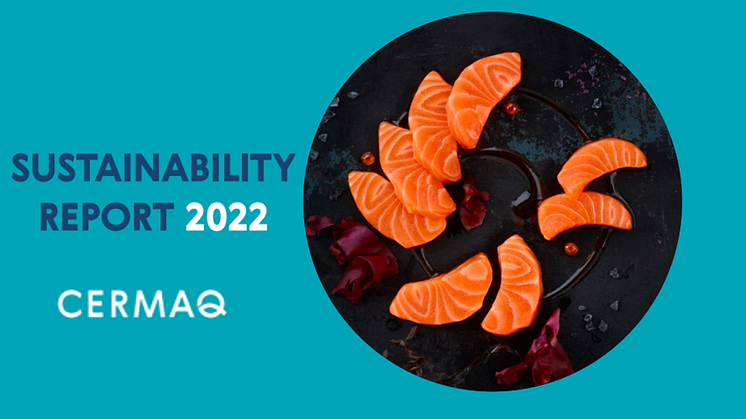
by Lars Galtung
Director Communication and Sustainability
Our planet faces multiple and urgent problems, and the recent report from UN panel IPCC affects us all; as consumers, and local citizens, and it brings clear messages to our politicians.
Climate changes are already here
The climate changes impact us, and they impact the earth's ability to produce food in the future. We must re
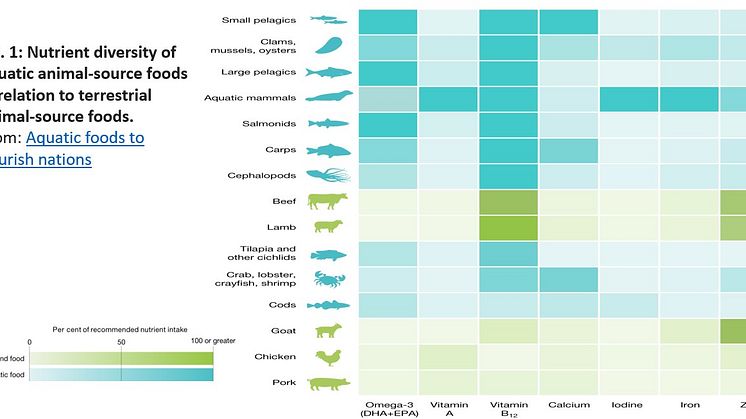
For the first time in the history of seafood production, ten of the largest seafood companies in the world have committed to a set of time-bound and measurable goals that will ensure the industry becomes more sustainable. The goals are the result of four years of dialogues through the science-industry initiative Seafood Business for Ocean Stewardship (SeaBOS).
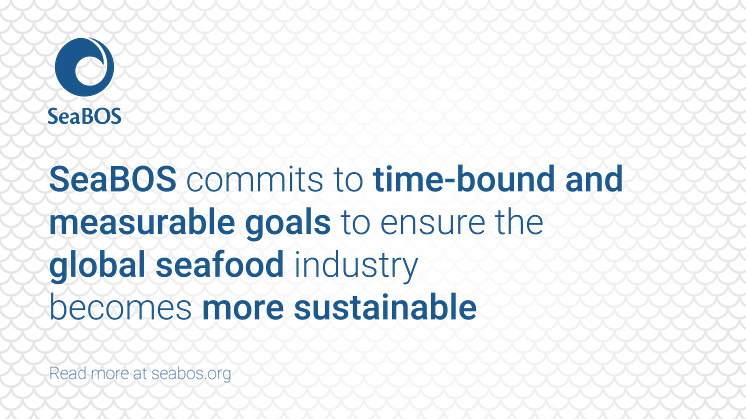
UN is critical to achieve global transformation needed to achieve the SDGs. That is why Cermaq engages in the UN and in particular the GC action platform for ocean industries, says CEO Geir Molvik, .
https://www.unglobalcompact.org/news/4589-09-21-2020
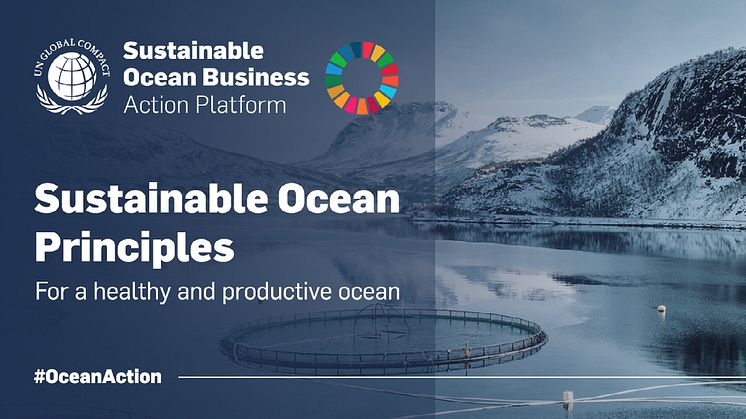
Cermaq aims at certifying all its sites to the ambitious ASC standard. Today, two sites in Norway received the certification. The two sites, Veggfjell and Oksøya are both located in Nordland, North of the Arctic Circle.
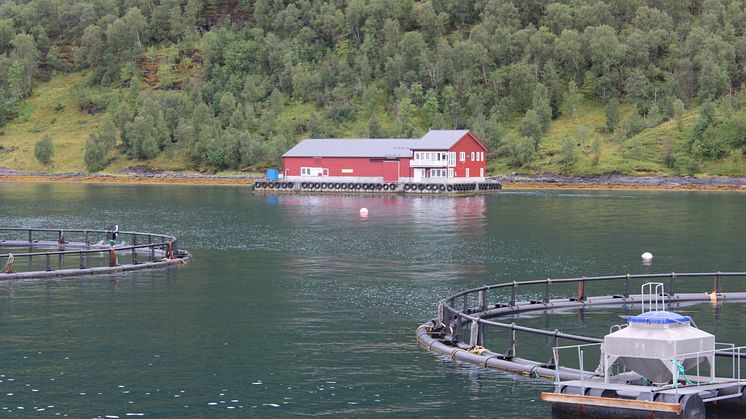
Bærekraftig havbruk er ikke bare en viktig bidragsyter for å nå klimamål, det kan bidra med løsninger på flere av FNs bærekraftmål. Norge har en unik mulighet til å gjøre en forskjell dersom politikere og næring spiller på lag
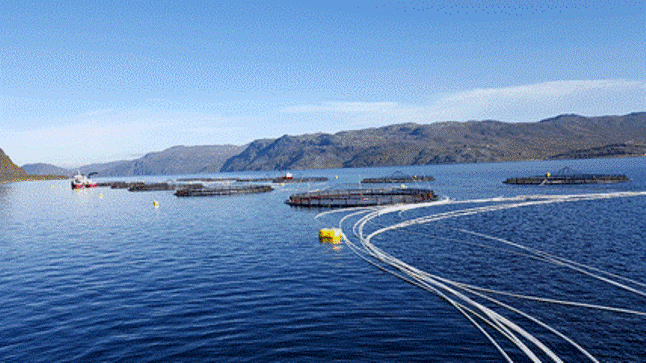
Cermaq has ASC certified farming sites in Chile, Canada and Norway

Livet under vann er avgjørende for havbruk, og illustrerer hvordan bærekraftmålene definert av FN representerer utfordringer og muligheter for alle.
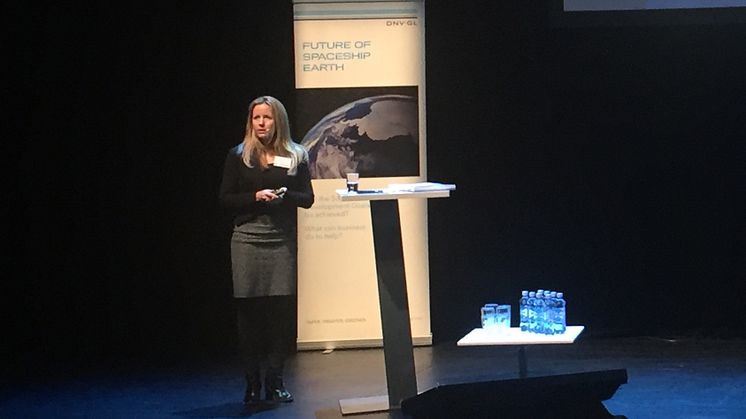
The ASC certification requires in depth knowledge of red listed species to ensure that our operations does not negatively impact the wealth of species we all depend on.
